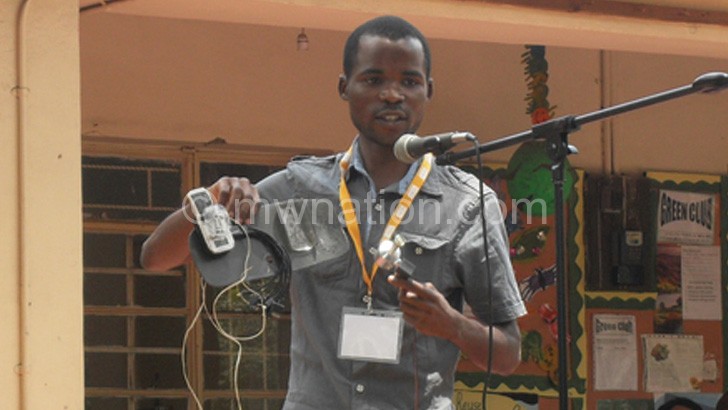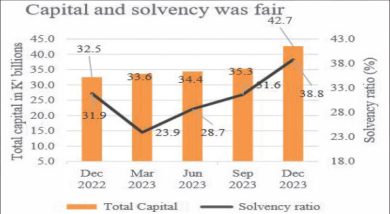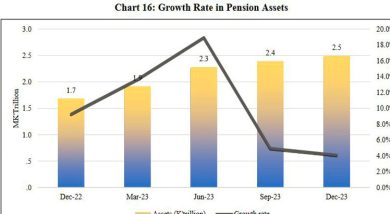Financial gap slows local innovations
Local innovators have called for financial investments to promote and enhance the development of local innovations to help address the needs of Malawians.
One of the innovators, Mixon Faluweki, the brains behind Padoko Charger-a bicycle-powered mobile charging device-said the country is lagging behind in providing materials to develop innovations.
He said: “We do not have the resources to produce high-tech products which can compete on the international market. What the government can do is to create an environment where we are able to produce locally and companies should come in to produce some of the raw materials currently imported from outside which can push us to greater heights.”

The Padoko Charger-currently being handled by Malawi University of Science and Technology (Must) who are processing the commercialisation of the product-provides a solution to the lack of electricity in the majority of homes.
With the rise in the use of technological gadgets such as mobile phones, many people are forced to pay every time they need to recharge their devices and alternative energy sources are comparatively expensive, making them inaccessible to majority of rural people.
Another local innovator, Samson Fiado, who developed smart bins, highlighted the lack of resources is the main reason slowing progress in local inventions in the country.
“I wish government should be in forefront to foster a vibrant ICT environment in Malawi by putting in place policies and much needed support that will encourage innovations in Malawi,” he said.
Joshua Ngalande, the inventor of Nsima Cooker, said the innovation environment in Malawi is slow.
He said there is need for investment in local science projects in Malawi to ensure that the youth have a scientific-inspired mind.
Ngalande is now working with an Austrian Company to produce a cooker that meets market standards, but called for patience from the customers as innovations of this type take time to reach implementation stage.
United Nations Children’s Fund (Unicef) innovation Hub administrator Walusungu Chipeta said lack of resources is a challenge because it becomes difficult to sustain the innovations.
“Malawi depends so much on formal education. We have people that are not good at formal education but have very good talent. Innovators should be given a forum and government should take advantage of the innovation hubs that are there so that people can make it through with their talent,” he said.
Recently, Malawi has been making progress in innovations both in information and communication technology (ICT) and other non-ICT innovations.
Last year, the World Intellectual Property Organisation (Wipo) described Malawi as an innovation achiever after performing 10 percent higher than her peers on the global innovation index 2016. Malawi ranked 98 out of 128. n





